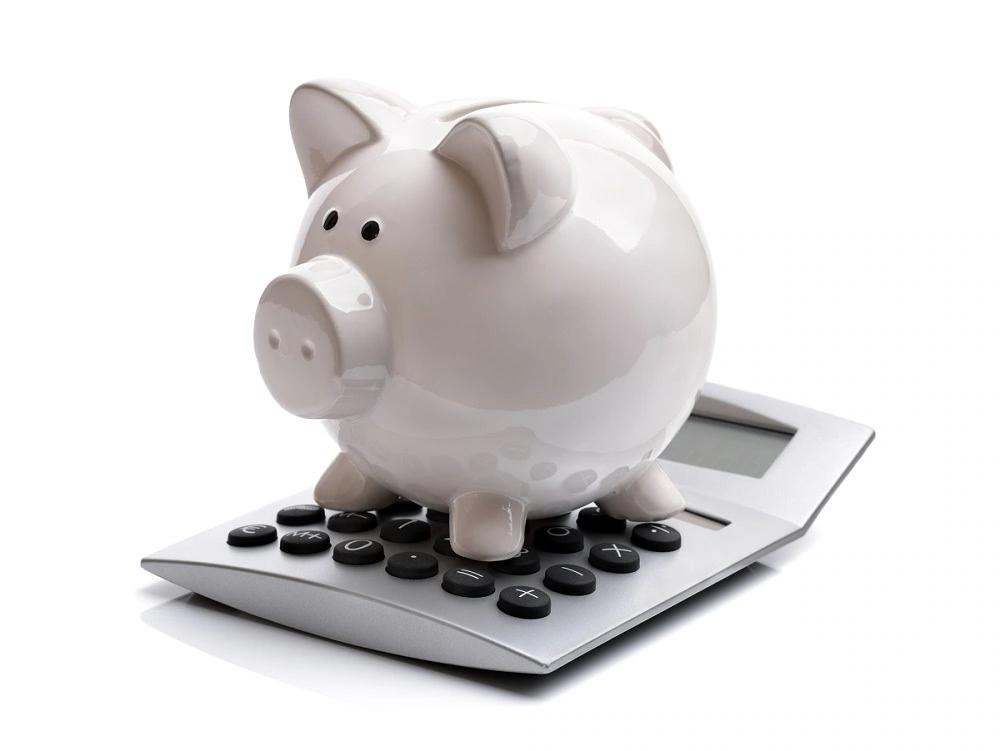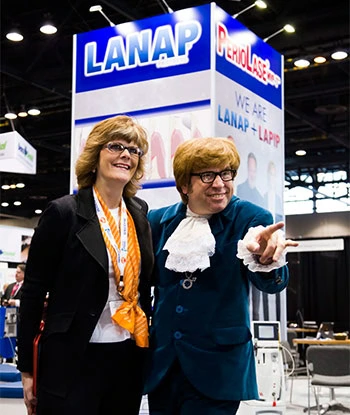 Do you feel uncomfortable when you hear the sound of a dental instrument or smell the antiseptic scent of a dental operatory?
Do you feel uncomfortable when you hear the sound of a dental instrument or smell the antiseptic scent of a dental operatory?
Have you avoided making your regular appointment, even though it’s been over six months since your last cleaning, because you don’t want to go to the dentist?
Are you afraid of your dentist?
If you said yes to any of these questions, you are not alone. It is estimated that up to 75% of U.S. adults have at least some degree of fear associated with dentistry. These levels vary from mild to severe cases of anxiety and discomfort. A major case of dental anxiety is classified as a phobia.
Dental phobia, also called dentophobia and odontophobia, describes the intense fear patients feel in the dental chair or about receiving dental care. While this degree of fear is limited to about five to ten percent of the population, it is a serious condition that can have terrible consequences for your oral health.
The Difference Between Anxiety and Phobia
Differentiating anxiety from phobia can be challenging. There are moments in any person’s dental visit when their reactions vary in intensity. Feeling anxious before the doctor is about to give you the shot, or worrying about pain from an extraction is normal for anyone facing a dental procedure. Having concerns and worries about a dental procedure, however, doesn’t constitute a phobia.
The general rule regarding the presence of a phobia is that the fear is “excessive and unreasonable.” Regarding dentophobia, this could be manifest in several symptoms:
- Feeling tense leading up to your dental appointment, to the point where the feelings are distracting or interfere with your sleep
- Intensifying anxiety while waiting in the waiting room
- Physical reactions to dental reminders and cues, e.g. crying, feeling nauseated, sudden increase in heart rate, and perspiration
- Respiratory issues (trouble breathing) during the appointment when the dental professional uses his or her dental tools in your mouth
What Makes People Afraid of Dental Care?
Many direct and indirect influences cause the fears, anxiety, and phobias associated with dental care. Direct causes are the most common, meaning that the patient had a poor experience in a dental setting in the past that contributes to their perception of it today. Indirect causes can also influence the patient’s perception of dental care, such as hearing stories about someone else’s experience or seeing how television and movies depict dental care.
Most often, dental fear is the result of a past experience that was painful and traumatic. In these cases, often the personality or mannerisms of the dental professional affected the outcome as well. In other words, the dentist wasn’t supportive at the time or failed to respond to the patient’s concerns. Many times patients report feeling a lack of control and helplessness.
In some cases, the fear of dental care has nothing to do with experiences related to dental care. Patients who endured physical or emotional abuse, suffer from post-traumatic stress disorder (PTSD), or had an unfortunate experience in a related setting, like a hospital, might associate dental care with those experiences and react accordingly.
Learn how to cope with dental anxiety and fear.
Sources:
Hatfield, Heather. “The Fear Factor: Phobias.” www.webmd.com. Web. 26 April 2016. <http://www.webmd.com/anxiety-panic/guide/fear-factor-phobias>
“What is Dental Anxiety and Phobia?”www.colgate.com. Web. 26 April 2016. <http://www.colgate.com/en/us/oc/oral-health/basics/dental-visits/article/what-is-dental-anxiety-and-phobia>
Bernstein, D. A., Kleinknecht, R. A. and Alexander, L. D. (1979), ANTECEDENTS OF DENTAL FEAR. Journal of Public Health Dentistry, 39: 113–124. doi: 10.1111/j.1752-7325.1979.tb02932.x
Chan, Amanda L. “Dental Phobia: 7 Common Fears, And How To Conquer Them.” www.huffingtonpost.com. 13 February 2012. Web. 26 April 2016. <http://www.huffingtonpost.com/2012/02/06/dental-phobia-fears-dentist_n_1257277.html>



